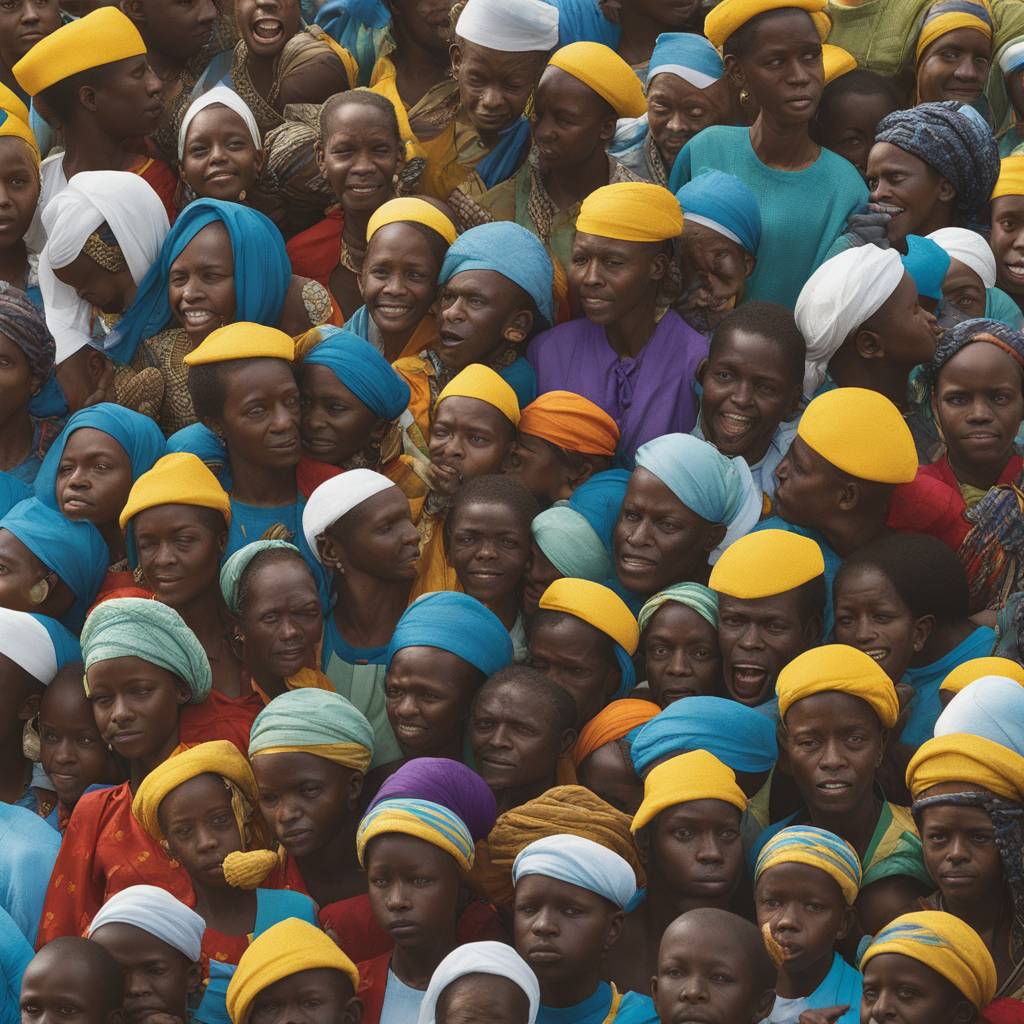The assassination of Rwandan President Juvenal Habyarimana in 1994 led to a wave of violence in Rwanda, resulting in the genocide of nearly one million Tutsi civilians and moderate Hutus. In response to the atrocities committed during this period, the International Criminal Tribunal for Rwanda (ICTR) was established by the United Nations Security Council to prosecute those responsible for genocide and other serious violations of international humanitarian law. The ICTR indicted 93 individuals and delivered verdicts against perpetrators of genocide, marking a significant milestone in international justice.
The establishment of the ICTR was part of a broader movement towards international prosecution of core crimes such as genocide, crimes against humanity, and war crimes. This movement aimed to contribute to reconciliation processes in conflict-affected countries and deter future atrocities. Subsequent international tribunals were created in response to conflicts in Cambodia, Kosovo, Sierra Leone, and Lebanon, culminating in the creation of the International Criminal Court (ICC) with a comprehensive mandate to address core crimes globally.
While the ICC’s mandate was seen as a significant step towards accountability and justice, some countries, including the United States, China, and Russia, chose not to submit to the court’s jurisdiction. In response to the increasing use of universal jurisdiction by European states to prosecute core crimes committed abroad, there was backlash from powerful countries facing potential investigations. This led to political pressure on countries like Belgium and Spain to limit the scope of universal jurisdiction in their domestic legislation.
The politicization of international justice became apparent with cases involving high-profile figures such as Israeli Prime Minister Ariel Sharon, US Commander Tommy Franks, and former Chinese President Jiang Zemin. Countries facing potential investigations threatened consequences on trade relations and political alliances if investigations were not halted. The US government’s backlash against ICC prosecutor Fatou Bensouda following an investigation into war crimes in Afghanistan exemplifies the challenges faced by international justice mechanisms.
The manipulation of international justice for political gain undermines the credibility of the justice system and detracts from its ability to deter future atrocities and promote peace. While there are ongoing discussions about establishing special tribunals for specific conflicts such as Russia’s invasion of Ukraine and Israel’s invasion of Gaza, the motivations behind these initiatives are driven by geopolitical interests rather than seeking justice for victims. This shift highlights the need for a reevaluation of the international justice system to ensure fair and impartial prosecution of core crimes.
In conclusion, the author highlights the erosion of the principles of international justice and the prioritization of political interests over accountability and deterrence. The challenges faced by international tribunals and courts in holding perpetrators accountable for core crimes underscore the need for a renewed commitment to justice and reconciliation in conflict-affected regions. The views expressed in the article reflect the author’s perspective on the current state of international justice mechanisms and the implications for global peace and security.













